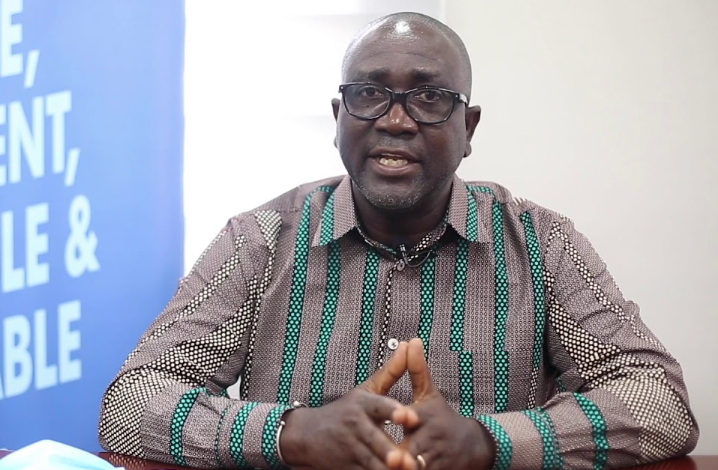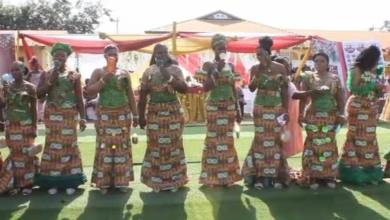“George Sarpong Calls for Respectful Dialogue, Says Hate Speech Threatens Democracy”

- George Sarpong urges citizens to avoid hate speech.
- Hate speech undermines social cohesion and trust.
- He cites examples of social unrest in other countries.
- Media should embrace balance and fairness.
Mr. George Sarpong, Executive Secretary of the National Media Commission (NMC), has urged the public to refrain from using intemperate language and hate speech ahead of the December polls. He emphasized that this was necessary to prevent chaos and promote a peaceful democratic environment.
In a keynote address at a public forum, Mr. Sarpong noted that political leaders often focus on ethnic or regional identities over national identity, leading to skepticism about the fairness of elections and impartiality of government institutions.
He stressed that hate speech and polarizing narratives undermine social cohesion, incite violence, and erode trust in social and political institutions. Mr. Sarpong emphasized that democracy thrives on mutual respect, dialogue, and peaceful coexistence of diverse groups.
To illustrate his point, Mr. Sarpong cited examples of social unrest in India, Myanmar, Kenya, and Rwanda, highlighting the devastating consequences of hate speech and polarizing narratives. He urged citizens to learn from these lessons and promote tolerance and respect for diversity.
Mr. Sarpong also emphasized the need for citizens to accept basic moral rules in their communication, recognizing that polarizing narratives cause problems beyond politics and elections. He noted that foreign actors often perpetuate untruths on social media, highlighting the need to understand the nexus between media, technology, peacebuilding, and response strategies.
The Executive Secretary called on the media to embrace balance and fairness as principles and foundation stones of ethical journalism. He emphasized the importance of covering both sides of an issue equally, ensuring fair and balanced reporting.
The forum launched the National Multi-Stakeholder Coalition Against Hate Speech and other Polarizing Narratives, aimed at promoting democratic consolidation in Ghana. The event was organized by the Media Foundation for West Africa, with support from the Ford Foundation.
Mr. Sarpong’s keynote address emphasized the critical role of citizens, media, and institutions in promoting mutual respect, tolerance, and peaceful coexistence. He urged all stakeholders to work together to prevent the spread of hate speech and polarizing narratives.
The forum provided a platform for discussion and engagement on the critical issues of hate speech and polarizing narratives. It highlighted the need for collective action to promote democratic consolidation and prevent the erosion of social cohesion.
Mr. Sarpong’s call to action emphasizes the importance of mutual respect, tolerance, and peaceful coexistence in promoting democratic consolidation in Ghana. The National Multi-Stakeholder Coalition Against Hate Speech and other Polarizing Narratives is a crucial step towards achieving this goal.






